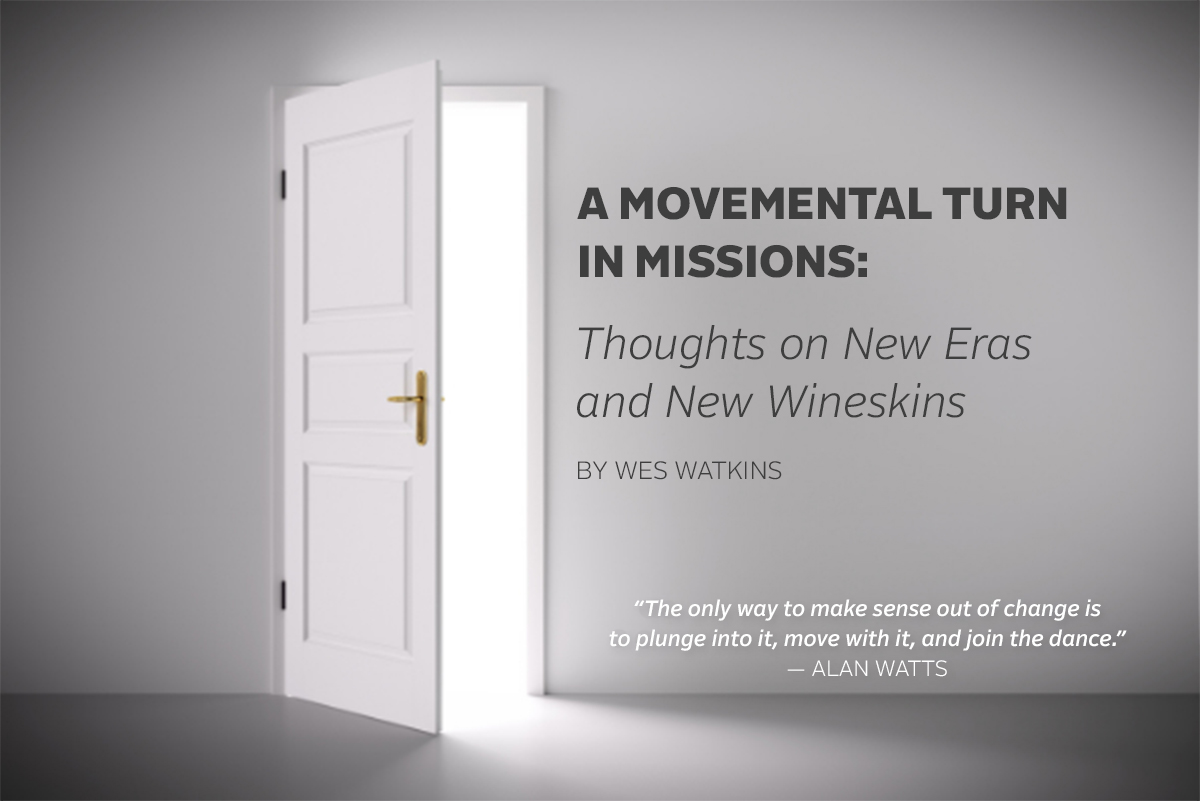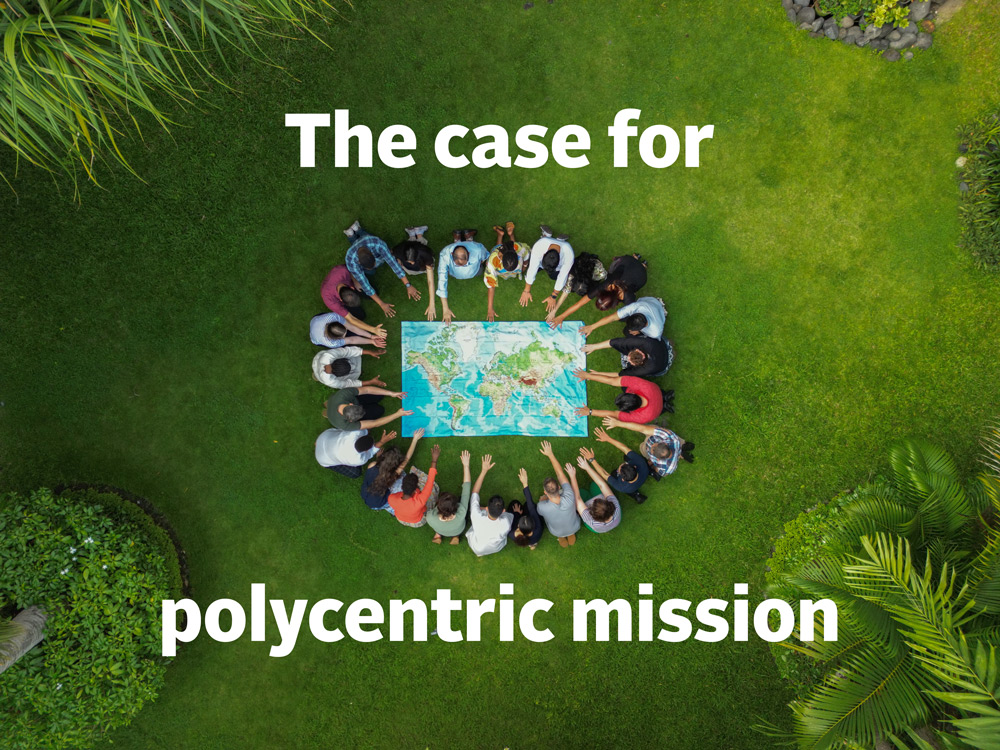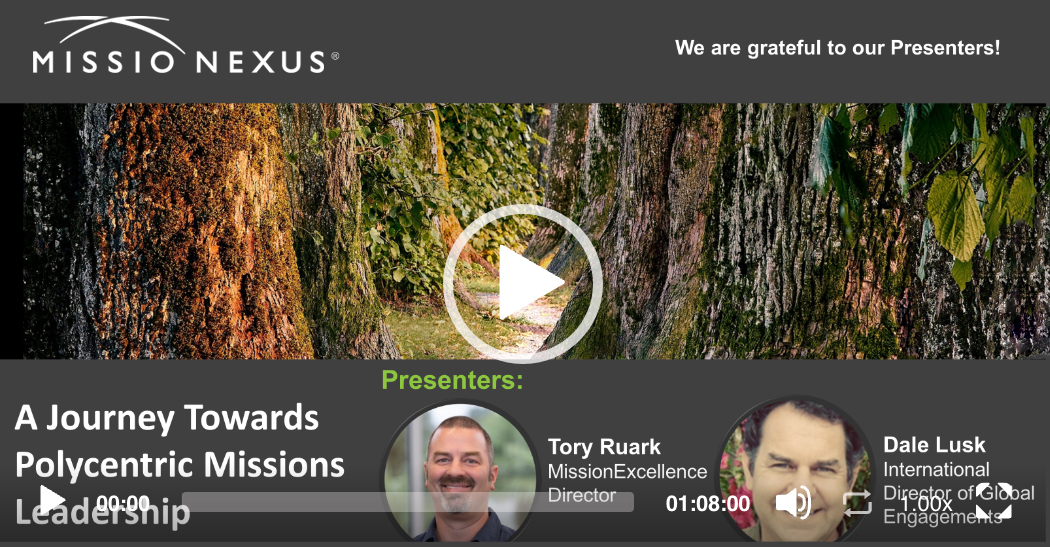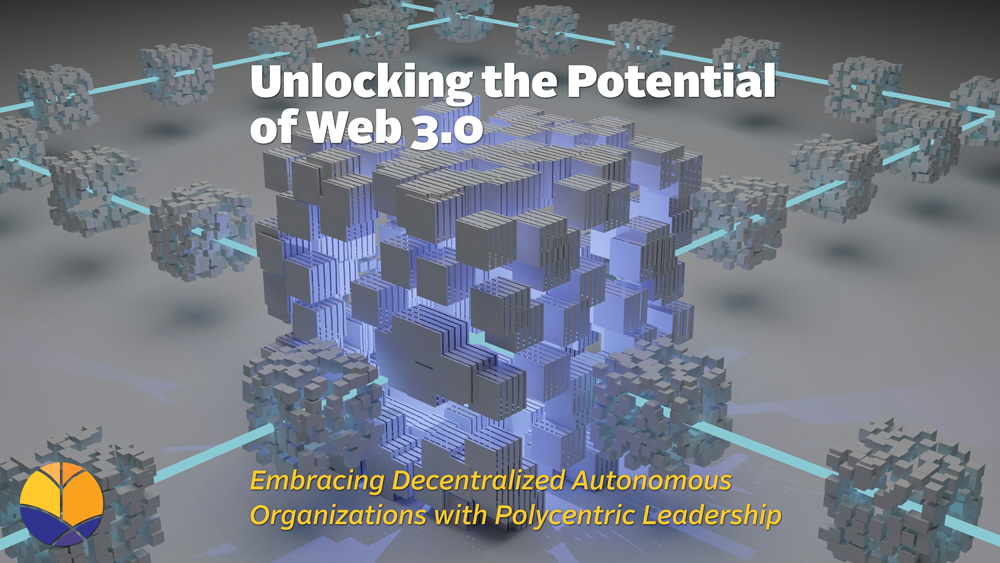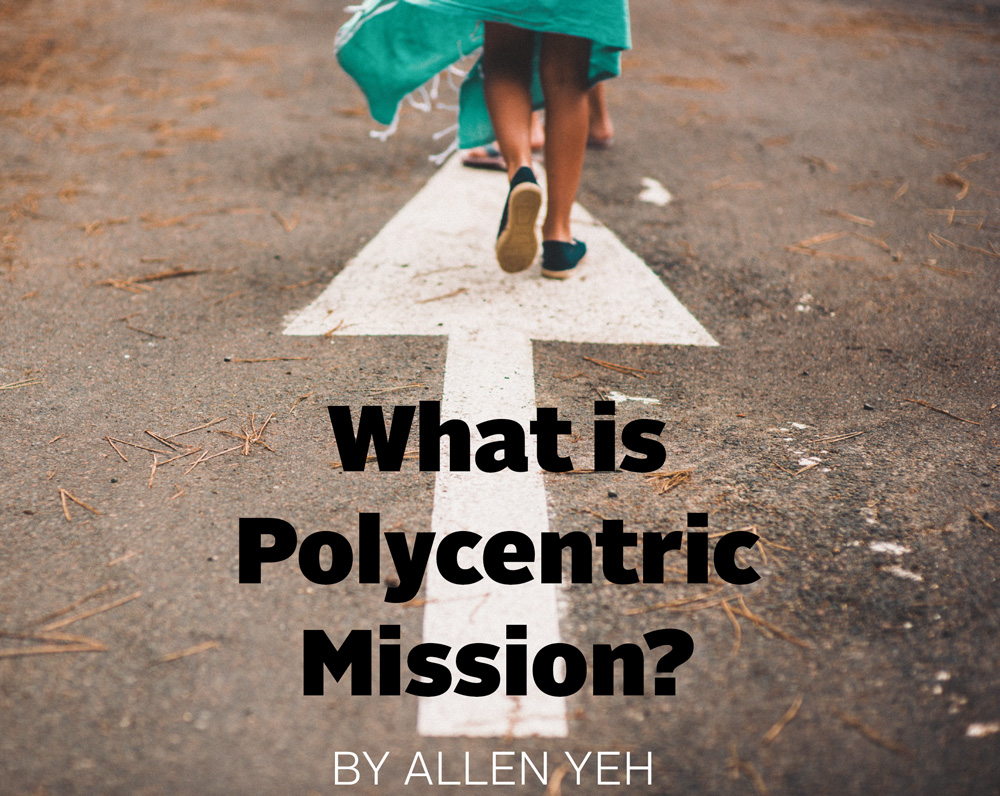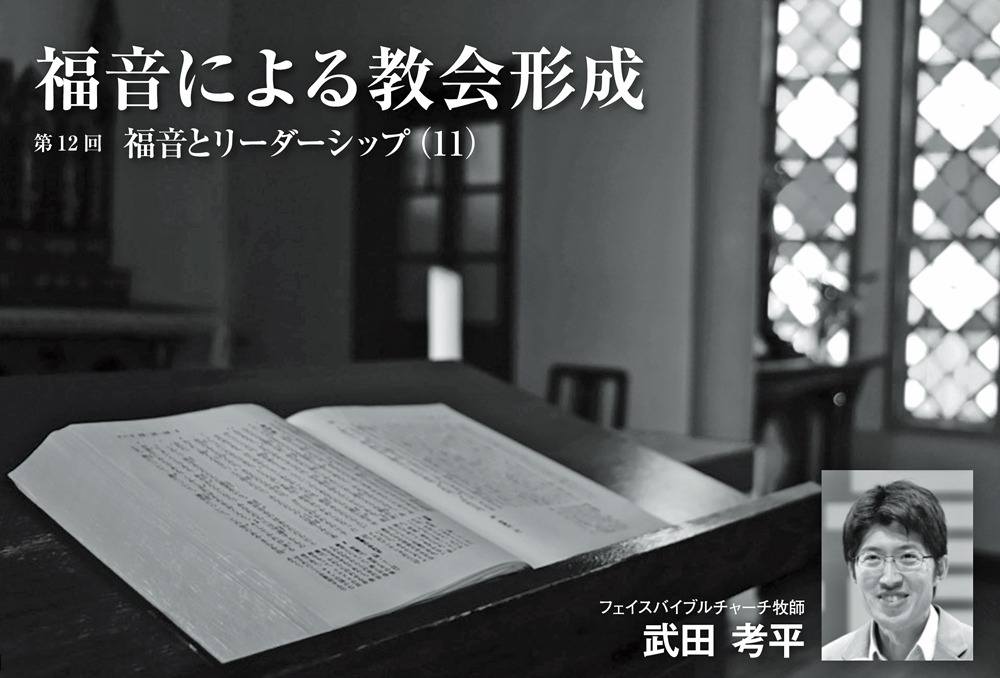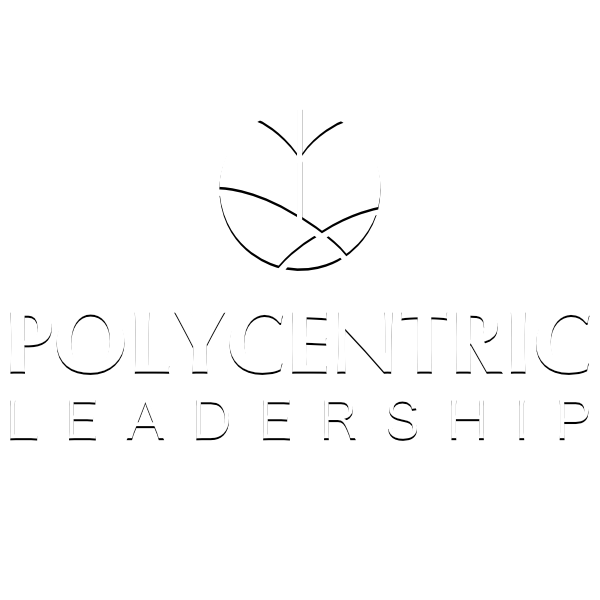GUEST POST BY WES WATKINS “The only way to make sense out of change is to plunge into it, move with it, and join the dance.” — ALAN WATTS Change is a constant in our world. Especially in the last few years, however, it feels that the pace of change is increasing dramatically. I suspect we […]
Polycentric Leadership
Who’s at the Table?
GUEST POST BY BRENT FULTON The notion of polycentric leadership has become an important topic of discussion within the global Christian community. In an era of missions “from everywhere to everywhere,” with more cross-cultural workers being sent out from non-Western countries than from traditional sending nations, it is imperative that the contributions of all be recognized and […]
OM International: The Case for Polycentric Mission
GUEST POST BY LAWRENCE TONG Our task, shared with other groups of Jesus followers, is to profoundly reduce the number of least reached anywhere in the world, making them disciple-makers to their people—the ultimate expression of polycentric mission! Every day, our world becomes more complicated and more difficult for God’s people to engage meaningfully with […]
A Journey to Polycentric Mission Leadership
WEBINAR SUMMARY MissioNexus recently held a webinar on Polycentric Mission Leadership. The following summary of the webinar gives a snapshot of the learning… To see the full webinar, click here on MissioNexus site: https://missionexus.org/webinar-a-journey-towards-polycentric-missions-leadership/ Embracing Polycentric Leadership: A Paradigm Shift in Mission – Part I In the landscape of leadership, the concept of polycentricity is […]
Who’s in Charge
GUEST POST BY BRENT FULTON When Christians from China take the gospel to other nations, they encounter a double-edged cultural challenge. Not only do they need to adjust to the language and customs of their new host country; they must also negotiate relationships with Christian workers from other parts of the world with whom they […]
Unlocking the Potential of Web 3.0:
Embracing Decentralized Autonomous Organizations with Polycentric Leadership Introduction In the rapidly evolving landscape of digital innovation, the emergence of Web 3.0 represents a paradigm shift towards decentralization, fostering interactions between unknown people, and empowering individuals through blockchain technology. At the heart of this transformation may lie Decentralized Autonomous Organizations (DAOs), entities governed by smart […]
Navigating the Seas of Change
Navigating the Seas of Change: Learning from changing paradigms and internationalization today. In 2003 Samuel Escobar wrote about global mission as being from everywhere to everyone (Escobar, The New Global Mission). Well over a decade later, Allen Yeh while assessing the centenary celebrations from Edinburgh 1910, reframed the idea as from everyone to everywhere. (Yeh, Polycentric […]
The Paradigm Shift: From Centralized to Decentralized Models in the Digital Age
GUEST POST BY MATTHEW NIERMANN In the landscape of the Internet’s evolution, we’ve traversed various phases, each marked by distinct characteristics shaping how we interact with digital content. Initially, with Web 1.0, the internet served as a repository of information, where users could only passively consume content.
What is Polycentric Mission?
Summary: The term polycentric mission has become popular. While the term has a more recent origin, the concept can be traced to the inception of the church. In its earliest days, no one place held authority. The West became a Christian center for a millennia, but now we see a return to polycentric Christianity that […]
Church Formation through the Gospel
#12 『Gospel and Leadership (11)』 GUEST POST BY KOHEI TAKEDA The Worldwide Body of Christ “Domo, domo, Takeda Sensei!” About 10 years ago, it was less than a week after we moved to Boston, America from Tokyo, Japan, there was an American who helped our family. This was my wife’s first time living abroad and […]
